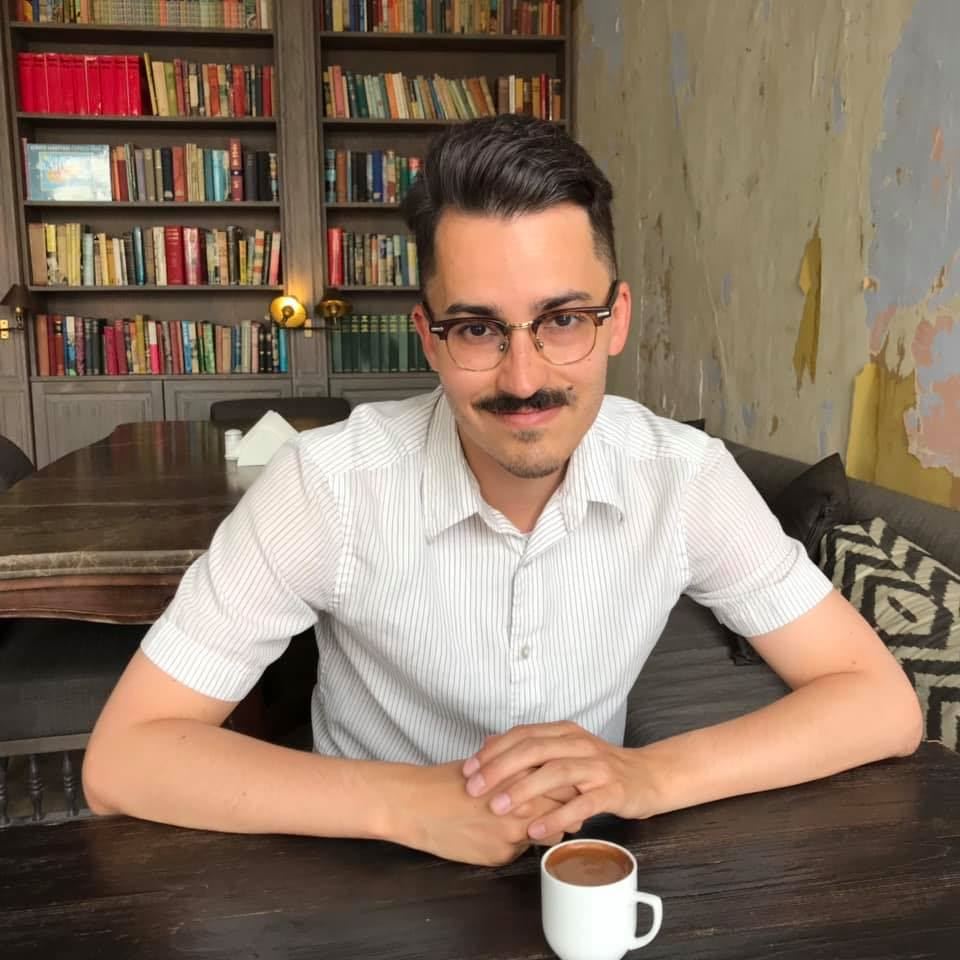How did you become involved in AJHA?
I earned my PhD in American Studies from NYU. While I was researching conservative media activism, I was unfamiliar with AJHA or journalism history as a field. In 2016 I attended the Joint Journalism and Communication History Conference because it was hosted by the NYU Journalism, which just so happened to be located in the same building as my department. That’s where I first learned about AJHA, and where I first met Anthony Nadler (with whom I’d later edited the book News on the Right).
Why are you a journalism historian?
Much of what I study wouldn’t be considered “journalism” to many, perhaps most, in our field. I’m primarily concerned with right-wing media, and how the modern conservative movement in the United States cultivated a critical disposition toward the press. The book I’m currently writing for Columbia University Press, Making the Liberal Media, is less about the press than about the long history of right-wing antipathy towards it. Over the course of my research, I realized that what counts as journalism is often in the eye of the beholder. While many may (rightly) consider right-wing media as propaganda, its audiences often experience it as news. As I’ve written in American Journalism, I see journalism history as a study of what Raymond Williams once called “structures of feeling,” or the dialectic between how people experience reality and more formal or systematic notions of what’s true. In short: I’m interested in how people, particularly conservatives, have experienced the news of the day throughout history. This focus allows me to see an ongoing battle for credibility over who has the authority to tell the “true” story of public life, a battle often overlooked by scholars operating under traditional normative understandings of what counts as “journalism.”
Why should we care?
Our field is dwindling. History departments are being defunded, and journalism department lines for historians are few and far between. Declining funding and accelerated time-to-degree expectations are making it difficult for graduate students to justify dissertations that involved time consuming (and often costly) archival research projects. The long-term survival of journalism history requires adopting a capacious definition of terms and a welcoming disposition. If a weirdo with a PhD in American Studies and a bizarre fixation with right-wing propaganda can find a home in “journalism history,” anybody can.
What’s the weirdest thing you’ve found in the archives?
Phone sex transcripts at the Ronald Reagan Presidential Library. I was in Simi Valley researching the Reagan administration’s repeal of the Fairness Doctrine. I stumbled across a folder marked “Pornography,” and couldn’t resist taking a peek. Apparently, some anti-porn crusaders had documented their 900-number calls in an attempt to get the Reagan administration to shut them down. My favorite transcript begins “Hello you miserable worm. This is Mistress Sharon from page 34 of High Society. I knew you would call. You just can’t get enough, can you…”
What hobbies/interests do you have outside of academia?
I’ve never had a hobby. When given the opportunity, I enjoy: travel, hiking, making people laugh, conspiring (non-criminal), organizing (political), performing high-concept punk rock (hype-man), washing dishes, and Werner Herzog.
A.J. Bauer is an assistant professor in the Department of Journalism and Creative Media at the University of Alabama.

